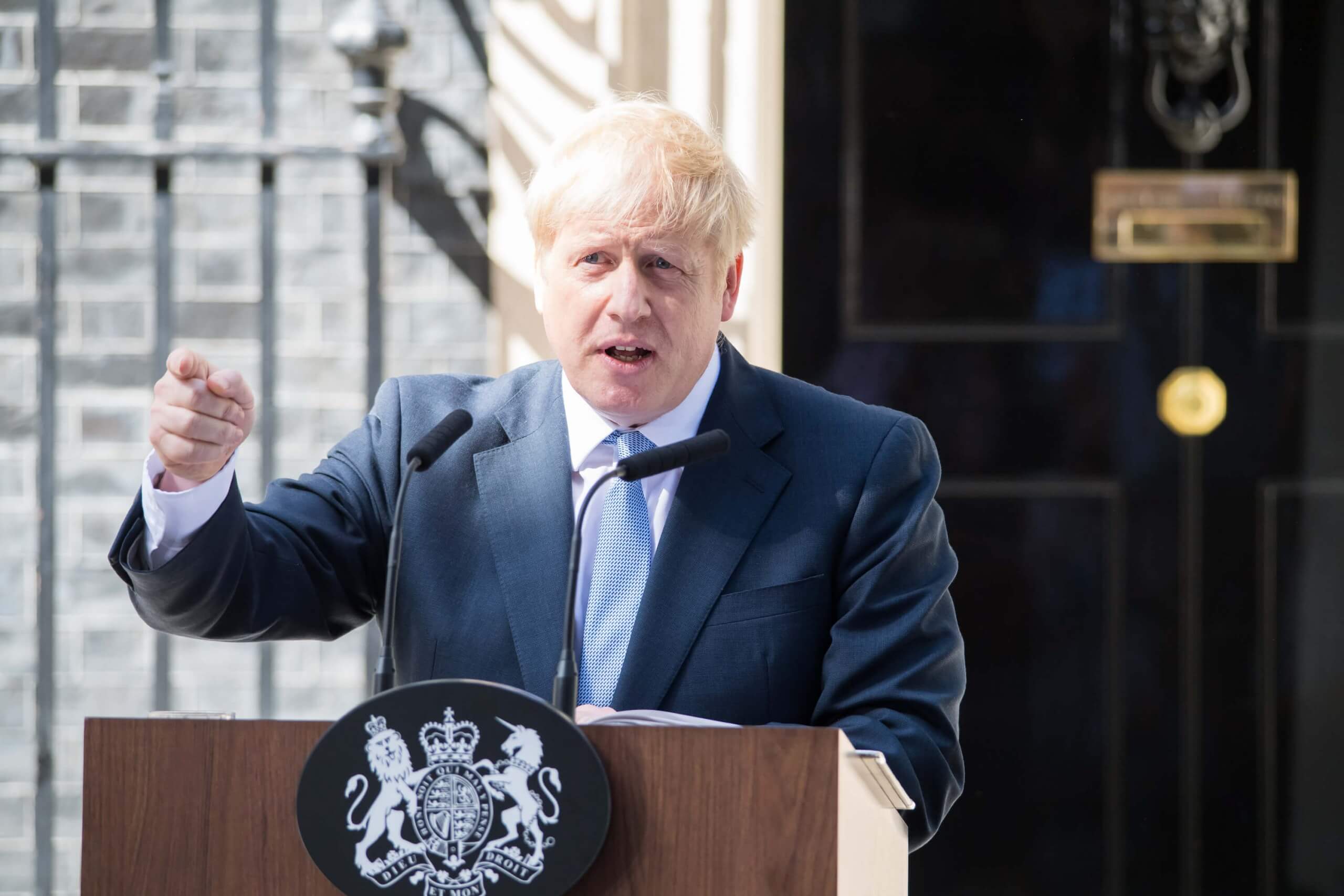Through the looking glass: As more and more devices become "smart," consumers have to be more aware of how those gadgets, and the companies that create them, use their data. Strides have been made to offer people more control and protections, but in a 15-minute speech at the UN, Boris Johnson called for more.
On Monday, British Prime Minister Boris Johnson went on a rant about Google and the Internet of Things (IoT) in front of the United Nations assembly. He warned that "it takes real effort to conceal your thoughts from Google" amid snickers from UN members.
He rambled on about Alexa-powered devices and how "pink-eyed Terminators" could be sent back from the future "to cull the human race," completely mangling the plot to the Terminator in the process. Johnson believes that if big tech is not regulated, it will soon become Big Brother with everyone under 24-hour surveillance.
"Your mattress will monitor your nightmares. Your fridge will beep for more cheese. Your front door will sweep wide the moment you approach, like some silent butler," he said.
The cost of this efficiency and convenience is the loss of our privacy as the IoT stores all of our secrets in the cloud. Alexa will listen to our every command, but also our every conversation.
As bizarre and unhinged as Johnson's speech seemed, his point was not invalid. Emergent technologies can be used for good or evil, and without any regulatory control, there would be nothing to stop the misuse of advanced tech. He called the UN to task on finding a global set of rules to ensure this does not happen.
"The mission of the United Kingdom, and all who share our values, must be to ensure that emerging technologies are designed from the outset for freedom, openness, and pluralism, with the right safeguards in place to protect our peoples," Johnson said to the assembly.
He concluded giving the UN members an open invitation to attend a 2020 summit in London to discuss ethical and responsible technology.
Big Data insists it can self-regulate, but we have seen how platforms like Facebook and Google have exploited users data. Politicians in the UK, US, and other counties have been yammering for formal controls and have implemented some. The GDPR is just one example.
However, they must also be careful to strike a balance that protects the consumer without stifling innovation.
Image credit: Michael Tubi via Shutterstock
